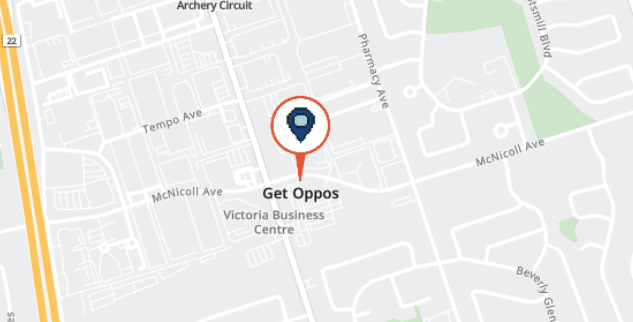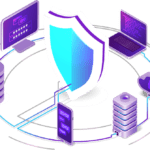
Data Brokers
Data brokers are companies that make a profit by collecting and selling information on people. While this may sound illegal, this is a legitimate business and there are several ways that they can legally obtain this information.

Source @ securitymadesimple.org
Companies like this have a vested interest in keeping track of your information and they use many of the modern conveniences that we enjoy to get that information legally. Most people, are not willing to stop using these modern conveniences and that means for them, they simply must accept the fact that their information will be public knowledge. However, it’s important to note that you have control over what you put on the internet, it’s not like these companies are wiretapping your house, they take information that you freely put online to access online services.
Cybercriminals
In addition to legal business, you have cybercriminals that hack into machines and extract information on customers of businesses as well as personal information from people’s home computers. Spyware is a type of malware that is designed to sit on a machine and extract information from the user. This is just one example of how any information that is stored in electronic format could potentially be leaked. Major companies like Dropbox, Facebook, Yahoo, etc have all suffered data breaches and had customers’ information leaked. However, even in this case, the damage is typically limited to information that was submitted to the company or stored on your personal computer unencrypted.
How to maintain your data privacy online
Reduce your Digital Footprint: The best thing you can do to protect your information is safe, is to avoid putting it on the internet. Only put things on the internet that you are okay with being public information because it is. If data privacy is a concern, do an audit of all your online profiles and remove any information that you don’t want to be public.
Use VPNs: Having a personal VPN is a great way to protect your information while browsing online. These help to protect your online communications from eavesdroppers and provide other features that help to protect your identities such as location masking, IP address masking, and malware and phishing protection. Most of them do this for little to no cost, are easy to install and configure and add almost no lag to your browsing speed.

Source @ securitymadesimple.org
Use Encryption: The last item on this list is to use encryption for any important personal information that you have on your computers. This way if you do get hacked or someone is using your device, the information will not be readable to the person that is trying to leak it. This is called encrypting data at rest and there are many tools online that will let you do this very easily. In windows they usually have bitlocker and Encrypting File System (EFS) as their default encryption tools while MAC comes with filevault for encrypting your important files.
How to get more free content
If you like this article and would like to read more of our content for cybersecurity insights, tips and tricks feel free to follow us on our social media. If you’re a struggling business owner who needs help in assessing their business’s cybersecurity posture feel free to take advantage of our free introductory assessment and we’ll help you figure out a game plan for keeping your company safe.






